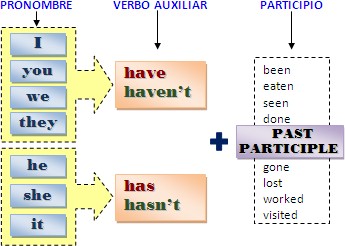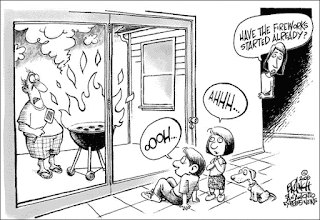Recomendaciones de la asignatura de inglés de 6º para el verano
Este
curso hemos trabajado mucho, ahora a la mayoría os toca descansar y disfrutar.
Aún así
os recordamos que un idioma no se aprende sólo en clase, pues, cuanto más
tiempo estamos expuestos a un idioma mejor aprendemos..
Por eso
os mandamos una lista de recomendaciones y os pedimos que animéis a vuestros
hijos a que vean un poquito la tele en inglés, vídeos en inglés por internet y
que visiten páginas donde jugar en inglés.
Con
dedicar quince minutitos cada día, los niños y niñas van asimilando mejor
estructuras y vocabulario, sin tener que memorizarlas.
Importante: Los que no habéis superado la asignatura
deberéis entregar estos ejercicios copiados en un cuaderno a la vuelta de
vacaciones
Os
recomendamos que vuestros hijos visiten
Juedeland Simplemente poned en google juedeland y accedéis a la página o
con el acceso directo http://roble.pntic.mec.es/arum0010/
Desde
juedeland podéis acceder a estos accesos directos
Desde la
página de TVE podéis acceder a let’s clan y ver los dibujos en inglés.
Os
agradecemos vuestra colaboración y aprovechamos para desearos un feliz verano
Teacher Alexia














